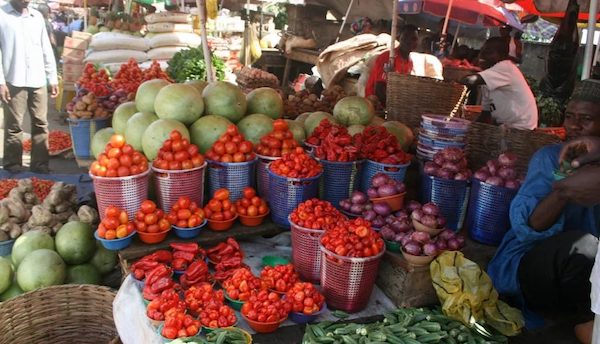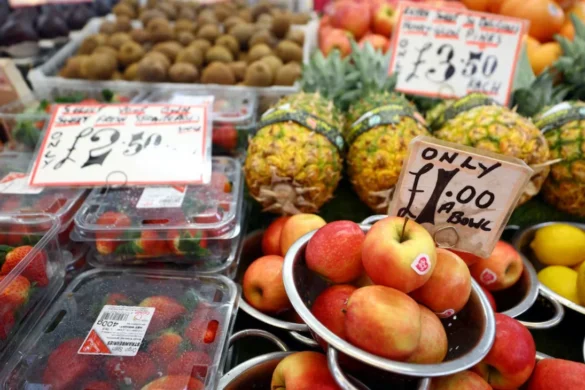The country’s Consumer Price Index (CPI), which measures the level of price change in goods and services, hit 19.64 percent in July 2022 from the 18.60 percent recorded in the last month.
This means a 1.82% month-on-month hike, according to the (CPI) report for July 2022 released by the National Bureau of Statistics (NBS) on Monday.
“On a month-on-month basis, the Headline inflation rate in July 2022 was 1.817 %, which was 0.001% higher than the rate recorded in June 2022 (1.816 %),” the NBS added.
“The percentage change in the average CPI for the twelve months period ending July 2022 over the average of the CPI for the previous twelve months period was 16.75%, showing a 0.46% increase compared to 16.30% recorded in July 2021.”
According to the NBS report, the country’s urban inflation increased by 2.08% to 20.09% in July 2022 from 18.01% in July 2021. On the other hand, the rural inflation rate reached 19.22% from 16.75% in the corresponding period of 2021.
“On a month-on-month basis, the food inflation rate in July was 2.04%, this was a 0.01% insignificant decline compared to the rate recorded in June 2022 (2.05%),” the agency equally noted in its latest report.
“This decline is attributed to a reduction in the prices of some food items like Tubers, Maize, Garri, and Vegetables.
“The average annual rate of food inflation for the twelve-month period ending July 2022 over the previous twelve-month average was 18.75%, which was a 1.42% points decline from the average annual rate of change recorded in July 2021 (20.16%).”
On inflation rates across states in the country, the report added: “In July 2022, all items’ inflation rate on a year-on-year basis was highest in Akwa Ibom (22.88%), Ebonyi (22.51%), Kogi (22.08%), while Jigawa (16.62%), Kaduna (17.04%) and Borno (18.04%) recorded the slowest rise in headline Year-on-Year inflation.
“However, on a month-on-month basis, July 2022 recorded the highest increases in Adamawa (2.87%), Abuja (2.84%), Oyo (2.77%), while Bauchi (0.82%), Kano (0.83%) and Niger (1.03%) recorded the slowest rise on month-on-month inflation.”




